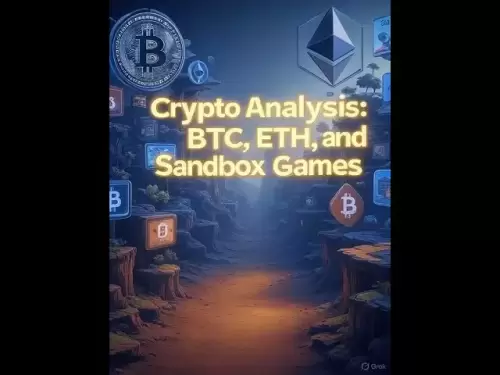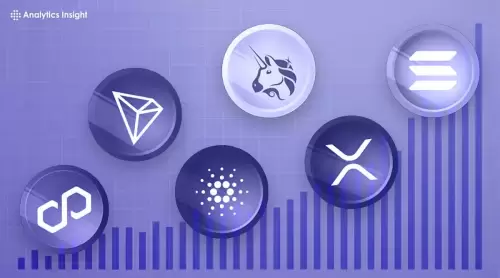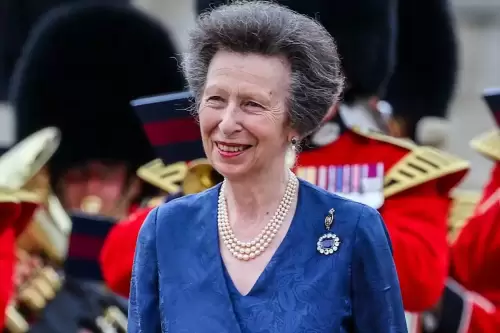 |
|
 |
|
 |
|
 |
|
 |
|
 |
|
 |
|
 |
|
 |
|
 |
|
 |
|
 |
|
 |
|
 |
|
 |
|
Cryptocurrency News Articles
GameFi, Regulated, Asia: A New Era of Web3 Gaming?
Jul 13, 2025 at 04:00 am
Exploring the evolving landscape of GameFi in Asia, focusing on regulatory compliance and innovative partnerships that are shaping the future of Web3 gaming.

GameFi in Asia is heating up, but it's not just about fun and games. Regulatory compliance is becoming a key factor. Let's dive into the trends, insights, and what it all means for the future of Web3 gaming.
GameFi's Regulatory Renaissance in Asia
Asia is emerging as a hotbed for GameFi, with countries like Japan, Hong Kong and Dubai taking distinct approaches. The common thread? A push for regulatory clarity that's attracting global investors and fostering innovation. Maarten Henskens, head of protocol growth at Startale Group, notes that Western institutions are setting up shop in Asia-Pacific to tap into this growth, drawn by the region's regulatory advancements.
Partnerships Powering the Future
One notable development is the partnership between Broken Bound and Conflux Network. This collaboration aims to scale the Web3 gaming ecosystem across Asia, focusing on delivering scalable, seamless, and compliant gaming experiences. Conflux Network's infrastructure allows Broken Bound games to leverage high-throughput and low-latency capabilities, ensuring players experience minimal lag and rapid interactions. Plus, low transfer fees and streamlined in-game asset transactions make the experience more cost-efficient.
Tokenization Takes Center Stage
Tokenized bonds and ETFs are playing a crucial role in bringing traditional investors into the crypto markets. In Japan, real estate security tokens are democratizing access to previously closed markets, sometimes even surpassing traditional J-REITs in accessibility. Dubai is also making strides, with the Virtual Asset Regulatory Authority updating its guidelines to include provisions for RWA tokenization.
Bitsolara: A Glimpse into the Future?
Projects like Bitsolara are also pushing boundaries by focusing on Telegram-based airdrop systems and innovative mechanics, offering a seamless, wallet-free DeFi experience. With a public sale underway and an upcoming listing on a top 10 exchange, Bitsolara is aiming to become a leading Telegram-native Web3 ecosystem.
The Regulatory Landscape: Japan vs. Hong Kong
Japan and Hong Kong are taking different yet complementary approaches to advance real-world asset (RWA) adoption. Japan's regulatory framework is deliberate and forward-looking, building institutional trust. Hong Kong, on the other hand, is moving swiftly with initiatives like the Ensemble Sandbox, fostering experimentation. This blend of long-term depth and agility is a strength for the region.
A Personal Take: Cautious Optimism
While the potential of GameFi in Asia is undeniable, it's essential to approach it with a balanced perspective. Regulatory clarity is a double-edged sword. It brings legitimacy and attracts institutional investors, but it also adds complexity and potential constraints. Projects like ReserveOne, aiming to bridge traditional finance and digital assets, highlight both the opportunities and challenges. As with any emerging market, thorough research and a clear understanding of the risks are crucial.
Looking Ahead
The integration of blockchain technology guarantees verifiability and secure ownership of in-game assets, aligning with the core Web3 principle of true asset ownership. Cross-border interoperability is the next major milestone, enabling seamless and compliant movement of tokenized assets across jurisdictions.
So, is Asia the next frontier for GameFi? It sure looks that way. With a blend of regulatory innovation, strategic partnerships, and forward-thinking projects, the region is poised to redefine the future of Web3 gaming. Buckle up, folks, it's gonna be a wild ride!
Disclaimer:info@kdj.com
The information provided is not trading advice. kdj.com does not assume any responsibility for any investments made based on the information provided in this article. Cryptocurrencies are highly volatile and it is highly recommended that you invest with caution after thorough research!
If you believe that the content used on this website infringes your copyright, please contact us immediately (info@kdj.com) and we will delete it promptly.





























































